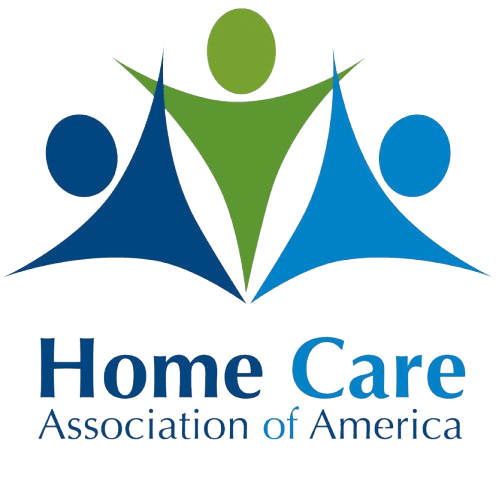As seniors get older, their skin becomes thinner and more delicate. Seniors are more susceptible to skin infections because of the way that skin naturally changes with age. When skin infections go unnoticed or untreated they can cause serious health problems for seniors. Sometimes severe infections even require that seniors be hospitalized.
There are a lot of reasons why seniors are more prone to skin infections, but one of the most common reasons why seniors get skin infections is poor hygiene. Personal care at home can help seniors maintain good hygiene and prevent infections.
Personal care at home is a great way for seniors who are struggling with activities of daily living to get the discreet and compassionate support they need with tasks like bathing and dressing. Some of the things that seniors can do in addition to having personal care at home to prevent skin infections are:
Keep Skin Moisturized
Aging skin often becomes dry and prone to cracks, which can create entry points for infections. Applying a gentle, fragrance-free moisturizer after bathing helps maintain skin hydration and prevent dryness-related skin problems. Seniors should use creams and lotions for mature or aging skin.
Choose Appropriate Clothing
Wearing loose-fitting, breathable clothing made of natural fibers like cotton can reduce the risk of skin irritation and infection. Avoid tight clothing that can create friction and trap moisture against the skin. Wearing light layers with a cotton shirt as the first layer can help seniors maintain healthy skin.
Practice Good Wound Care
Seniors are more prone to getting cuts, scrapes, and wounds because of their delicate skin. Properly clean and dress any cuts, scratches, or wounds promptly. Even minor injuries can serve as entry points for infections. Use antiseptic solutions, keep wounds covered, and seek medical attention if wounds don’t heal as expected.
Avoid Harsh Products
Avoid using harsh or heavily scented skincare products, as they can cause skin irritation and compromise the skin’s natural protective barrier. Products that are gentle, hypoallergenic, and made for delicate skin are a good choice. Baby soaps and shampoos are also great for seniors.
Manage Moisture
Keep the skin dry and free from excess moisture, especially in skin folds and areas prone to sweating. Use absorbent powders or moisture-wicking clothing to prevent the growth of bacteria and fungi.
Maintain Nail Hygiene
Proper nail care is essential to prevent bacteria from accumulating under the nails and causing infections. Trim nails regularly, and ensure they are clean to avoid introducing harmful microorganisms to the skin.
Promote Immune Health
A strong immune system is a key defense against infections. Seniors should maintain a balanced diet rich in vitamins and minerals, engage in regular physical activity, and get sufficient sleep to support immune function.
Manage Chronic Conditions
Seniors with chronic conditions such as diabetes should work closely with their healthcare providers to manage these conditions effectively. Poorly controlled conditions can compromise skin health and increase susceptibility to infections.
Regular Skin Checkups
Seniors should schedule regular visits with a dermatologist for skin checkups. Dermatologists can identify early signs of skin problems and provide guidance on proper skincare.
Stay Informed
Stay informed about common skin infections that seniors are more susceptible to, such as fungal infections (athlete’s foot, ringworm), bacterial infections, and pressure ulcers. Knowing the signs and symptoms helps seniors take prompt action if an infection is suspected.
If you or an aging loved one is considering personal care at home in Brentwood, CA, please contact the caring staff at Provident Care Home Care today at (209) 578-1210.



